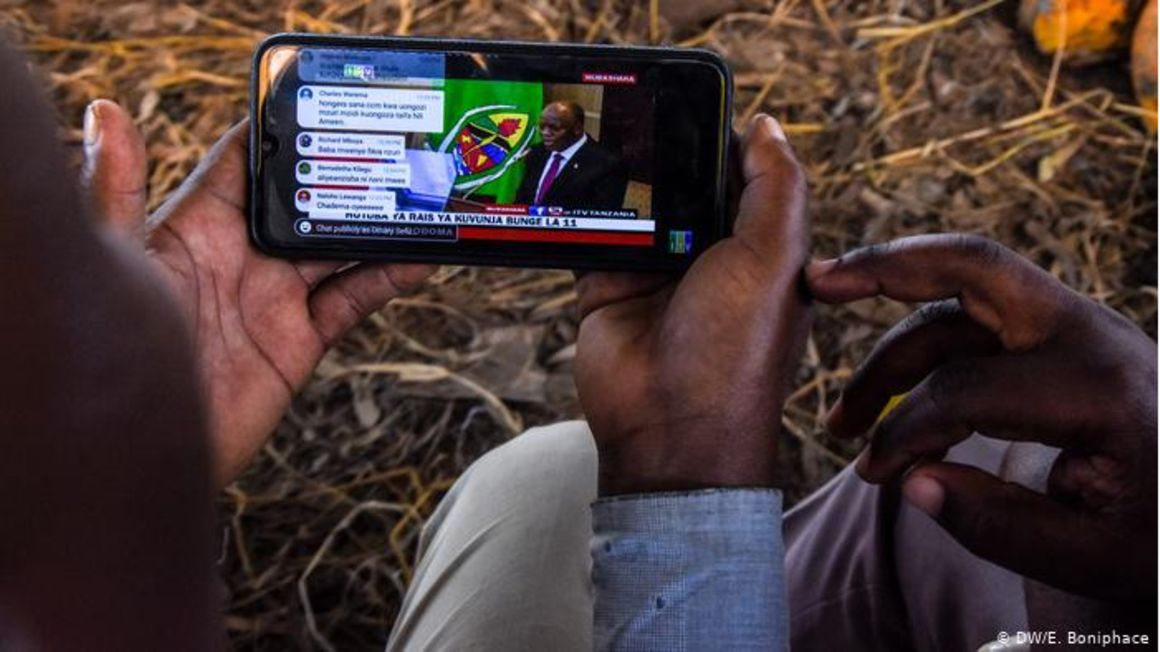
When mobile operators in Tanzania hiked prices of mobile internet a month ago, some of us were
greatly disturbed. That’s the last thing that you want to see at a time such as this.A model citizen that I am, I published an article in this column questioning those decisions and trying to set the powers that be in the right path regarding internet business.
A few days later, when the government announced that the situation had been reviewed and that new tariffs would be implemented from April 2, customers heaved a sigh of relief – an African government addressing people’s grievances that fast? What an innovation! The expectation was that prices would automatically go down.
So, imagine their surprise when April arrived only for them to learn that prices have gone up instead. What a bummer!
If the people’s voices were muffled in the first instance, this time around there was an uproar – the internet community went abuzz with shouts of discontent. There were numerous calls for the heads of ICT minister Faustine Ndugulile and TCRA director general James Kilaba to roll.
Posts were circulated saying that ‘data is not a luxury’. Of course, it isn’t. That’s why I decided to be a good sport, so I perfunctorily joined the chorus by sharing one of those posts in my WhatsApp profile. It’s social media, and the least one can do is try to be social.
I’m not sure what made people more vocal this time around but, whatever the answer, no one expected what followed afterwards –TCRA, the industry regulator, issued a statement to suspend the implementation of the new tariffs.
Given TCRA’s own regulations, one can safely conclude that they had authorised the new tariffs. In other words, after they had decided to pour salt into an open wound, they reversed their decision a few hours later. Quite reckless and amateurish.
I wrote about the fact that TCRA used to be a model institution of its kind in the continent, but something appears to have been lost along the way. There is now a feeling that the authority will do anything for political expediency.
This, unfortunately, is what happens when professionals work while watching over their shoulders. This is how you end up with national hospitals choosing to build saunas as a therapy for a viral infection, or engineers building city bus terminals in areas prone to flooding!
However, what if TCRA had concluded that operators are indeed justified in increasing data prices? That happens – competition is stiff, average revenues per user (ARPU) are wafer-thin, and operators must still deploy new technologies to remain competitive. Given that, as I pointed out in an earlier article, taxes on the usage of mobile services in Tanzania ‘represented a higher share of prices than any other country in the sub-Saharan region, at 35 percent’, that leaves very little room for both the operators and the regulator to manoeuvre. Isn’t that the reason that any cost burden will be passed on to customers?
To get the industry out of this situation, it is important to return to the basics.
Firstly, decrease customers’ tax burden. Research shows that the government will gain more through GDP increase and through increased tax base.
Secondly, redesign telecoms infrastructures. I recommend a move from a ‘national backbone’ (NICTBB) concept to a ‘national broadband network’ – bringing fibre cable connectivity into buildings and neighbourhoods. A radical infrastructure sharing model will dramatically transform cost structures, leading to massive cost savings for end users.
Finally, reviewing existing broadband business models. In December 2015 I published an article titled Wrong Start: Critical Analysis of LTE Market Entry Strategies in Tanzania, where, as the name suggests, I critiqued the telcos’ market entry strategies. My opinion remains unchanged today.
Internet is not a scarce resource in Tanzania anymore, and if there is any scarcity in the telecom industry today, it is scarcity of innovation and imagination.
Last week, Safaricom, Kenya’s leading mobile operator, activated East Africa’s first 5G network, making Kenya only the second African nation to deploy 5G after South Africa. While it’s always exciting to see these new shining technologies being introduced, and one can already expect that Tanzanian operators are working on their 5G designs, but the biggest question is – why? If customers cannot even get a 4G experience with 4G, why go for 5G?
When one considers telecoms or ICT policy and regulation, these are some of the issues that one ought to be reviewing. When the right foundation has been laid, hopefully the embarrassing U-turns will be avoided.
Postscript: The President has replaced the TCRA director general after this article was written. While it is difficult for mere mortals such as us to comprehend the mighty deliberations of those in exalted offices, it is hoped that this signals a change in regulatory philosophy from ‘controlling customers to ‘developing the industry’. That is what’s needed.





No comments :
Post a Comment